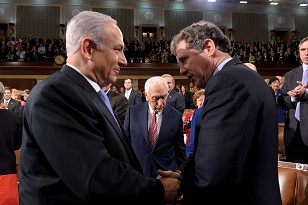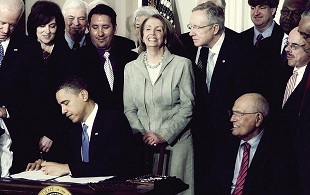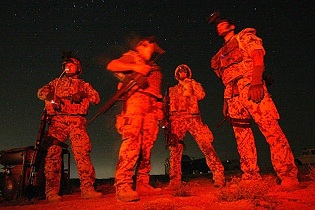Commemorating Palestinian Land Day in Jordan
On March 30, 2012, hundreds of demonstrations took place across the globe in commemoration of Palestinian Land Day. This important day in the history of the Palestinian people is a sorrowful reminder of the six Palestinians who were killed by Israeli forces in 1976 while protesting the continued confiscation of their land.
Generation after generation, Palestinians continue to call for an end to the brutal Israeli military occupation and the right to return to their lands. The continued ethnic cleansing of Palestinians from Jerusalem has resulted in a massive outcry and demonstrations worldwide.
Today people from around the world came together in a massive orchestrated effort known as the Global March to Jerusalem (GM2J), timed to coincide with Land Day. Marches took place in Palestine, Lebanon, Jordan, Egypt, Italy, Korea, all over the United States, and in many more locations. A peaceful movement, the Global March to Jerusalem is a people-powered action designed to assert the importance of Jerusalem politically, culturally, and religiously to the Palestinian people and humanity as a whole.
I had the privilege of participating in one of those protests in Amman, Jordan.This issue is of particular concern in Jordan because it has the world's largest concentration of Palestinian refugees. Nearly 65 percent of the country's population are of Palestinian origin.
Throughout the day, throngs of Jordanian Palestinians were joined by tens of thousands of Jordanian supporters, as well as those from around the world. Many came from as far away as Malaysia, Indonesia, Canada, Europe and the United States. We all came together, tens of thousands, on a dusty plain on the furthest end of the Jordan Valley overlooking occupied Palestine. We were a sea of peaceful protesters calling for a free Jerusalem for all and for a return of stolen Palestinian land.







































